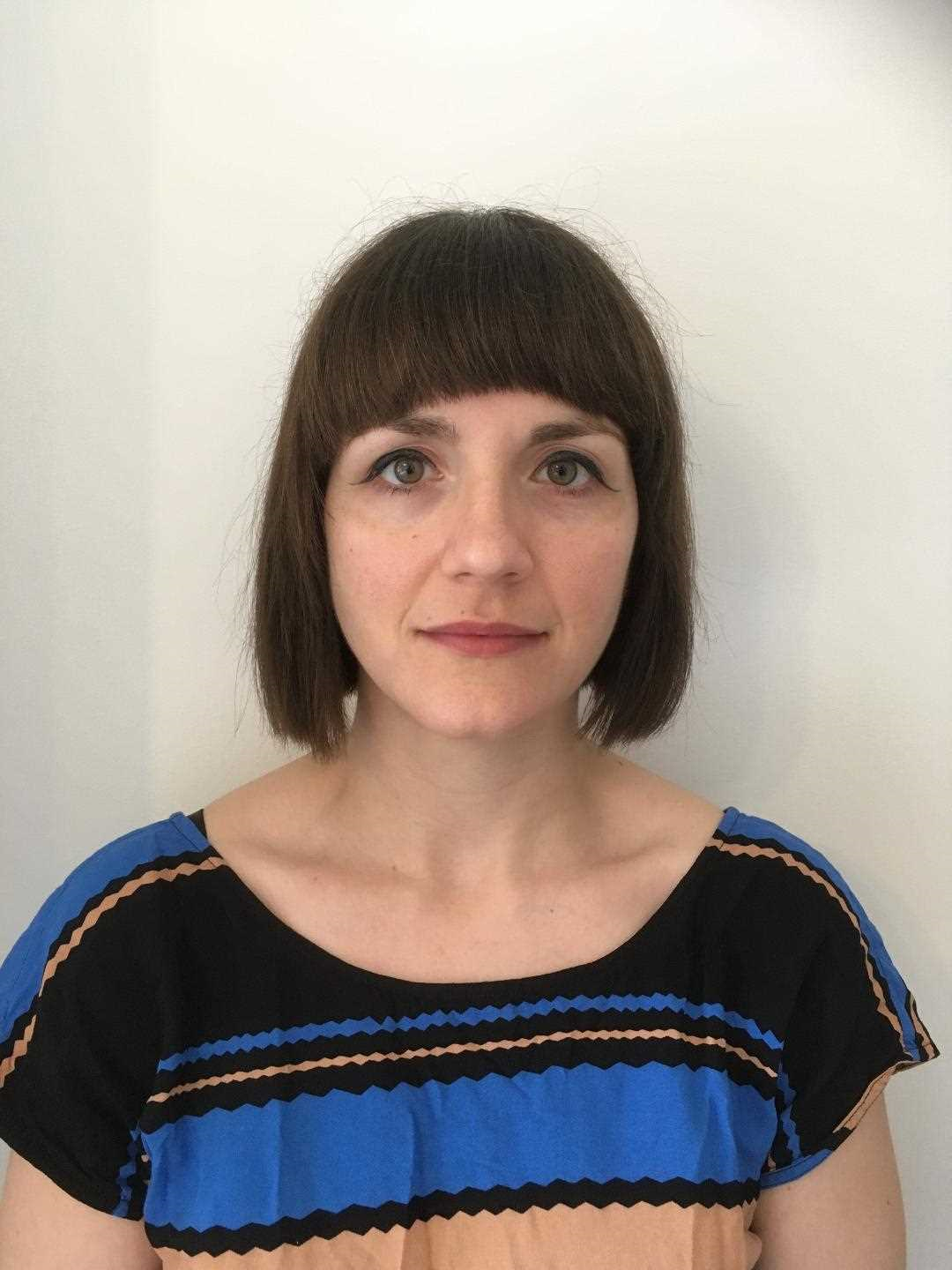Research Overview:
Studies with an overt Critical Disability Studies focus appear infrequently within educational research, which could “exemplify the active erasure of disability at the ontological level” (Steinborn and Nusbaum, 2019, p. 489). To counter this, scholars must visibilise disability in this academic field, or they risk sending a message to young disabled people that their experiences within the education system are not as important as those of their peers. The 2014 Children’s and Families Act enshrined in policy children’s right to participation and voice, yet for pupils with SEND this is not translating into action either at grass-roots educational level nor in academia. Her study aims to demonstrate how PAR, utilising a Critical Disability Studies lens, can be a valuable methodological tool for supporting disabled children and young people to engage in what Annamma, Ferri and Connor (2018) term as intellectual activism.
Participatory Action Research (PAR) , given its inherent aims to destabilise power structures, may be employed as a means of democratizing research by positioning disabled children and young people as active knowledge-producers and change-agents, thereby “challenging the normative (and ableist) rubrics of research” (Liddiard et al, 2019: 164). The research design is informed by collaboration with secondary school-aged sight impaired children, therefore the study considers how invoking a PAR epistemology, grounded in “critical bifocality” (Weis and Fine, 2012) can empower participants’ to situate their lives and experiences within broader social, economic and political structures, thereby positioning them as ‘rights-holders’. By developing an holistic understanding of the intersecting forces impacting on their lives, participants will gain a greater understanding about how they as an individual can embody, resist or impact upon these external influences of “discrimination, marginalisation, and privilege” (Carbado et al, 2013, p. 306) and make choices about their own lives.
References:
Annamma, S. A., Ferri, B. A., & Connor, D. J. (2018). Disability Critical Race Theory: Exploring the intersectional lineage emergence, and potential futures of DisCrit in education. Review of Research in Education, 42, 46-71.
Carbado, D. W., Crenshaw, K. W., Mays, V. M., & Tomlinson, B. (2013). Intersectionality: Mapping the movements of a theory. Du Bois Review, 10, 303-312.
Liddiard, K., Runswick-Cole, K., Goodley, D., Whitney, S., Vogelmann, E., & Watts MBE, L. (2019) “I was excited by the idea of a project that focuses on those unasked questions”. Co-producing disability research with disabled young people. Children and Society, 33, 154-167.
Steinborn, M. L., & Nusbaum, E. A. (2019). Cripping Human Rights education with Disability Studies: An undergraduate reading list. Education Studies, 55(4), 489-504.
Weis, L., & Fine, M. (2009). Critical bifocality and circuits of privilege: Expanding critical ethnographic theory and design. Harvard Educational Review, 82, 173-201.
Background:
Prior to commencing her PhD, Anna spent 13 years working as a teacher, since 2012 as a Specialist Advisory Teacher for Vision Impairment (QTVI). She completed her MA Education (Distinction) on facilitating collaborative practitioner research to promote inclusive education at Durham in 2012. Her research interests include Participatory Action Research, co-production, inclusive education, Critical Disability Studies, vision impairment and its educational impact, practitioner-led and school-based research. She has a cross-institutional supervisory team, led by Dr Rosie Ridgway (Primary Supervisor) at Durham University, with Dr Pamela Woolner and Professor Liz Todd at Newcastle University. The project also benefits from the support of collaborative partners RNIB and VIEW. She is an active member of BERA, BSA and UKPRN. She tweets as @pilsonanna.
Publications:
Pilson, A. (2019). ‘[Review] ‘Free your mind’ – and your research’, entanglements, 2(2), 115-121.
Publication type: Conference Review
ISSN 2516-5860
https://entanglementsjournal.org/
Pilson, A. (2019). Participation to Emancipation to Inclusion? Developing an active participatory research model with children with a visual impairment to promote educational inclusion, through improving teacher training provision on SEND, in Shao, Xin & Dobson, Emma (Eds.), Imagining Better Education. Durham, England, Durham University, School of Education, Durham, England, 164-182.
Publication type: Conference Paper
ISSN/ISBN: 9780907552154, 9780907552147
http://dro.dur.ac.uk/27674/


